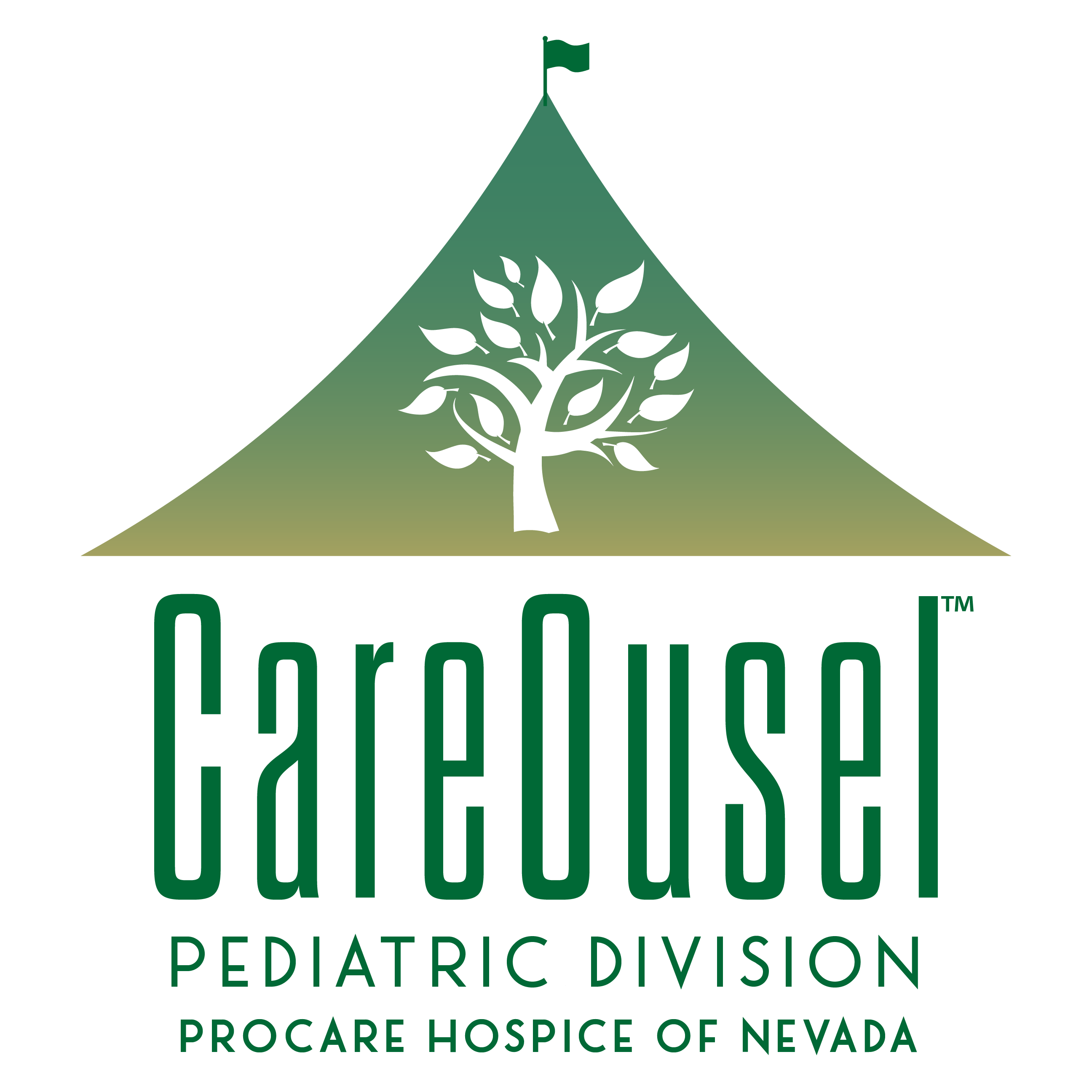In the delicate phase of terminal illness, patients and their families in Las Vegas often face the challenging reality of declining health and changing needs. One significant aspect of this journey is nutritional impairment, where patients may experience a decrease in appetite or difficulty eating. Understanding and addressing this issue is crucial for ensuring the comfort and well-being of the patient in their final days.
Table of Contents
- Importance of Addressing Nutritional Impairment
- Tips for Supporting Changing Appetite
- Specific Dietary Considerations
- Hospice Eligibility and Support
- Psychological and Emotional Support
- Practical Caregiving Tips
- Importance of Compassionate End-of-Life Care
- FAQs
Importance of Addressing Nutritional Impairment
Nutrition plays a vital role in maintaining the overall health and quality of life, especially during the end-of-life stage. Adequate nutrition can help manage symptoms, maintain strength, and support the body’s ability to cope with the disease process. Failing to address nutritional needs can lead to further complications and diminish the patient’s quality of life.
Nutritional impairment can arise from various factors, including physical symptoms such as:
- Difficulty swallowing
- Nausea
- Changes in taste and smell
Psychological factors like depression, anxiety, or grief can also impact appetite and eating habits. Understanding the underlying causes of nutritional impairment is essential for tailoring effective support strategies.
Tips for Supporting Changing Appetite
Allowing Patient Autonomy
Empowering the patient to make decisions about their food intake can help maintain their sense of dignity and control. While gentle encouragement is beneficial, forcing the patient to eat can lead to resistance and distress. Instead, offer choices and respect their preferences, whether they desire a full meal or prefer smaller portions.
Meal Preparation Strategies
Creating meals that are both nourishing and appealing can enhance the dining experience for the patient. Instead of large, overwhelming meals, consider offering smaller, more frequent meals throughout the day. Opt for nutrient-dense foods that are easy to chew and swallow, and avoid overly spicy or greasy dishes that may exacerbate discomfort.
Choosing Suitable Foods
Selecting foods that are easy to digest and palatable is essential for supporting a patient in Las Vegas with nutritional impairment. Focus on offering a variety of options, including soft or pureed foods for those with swallowing difficulties. Incorporating favorite foods and flavors can help stimulate appetite and make mealtime more enjoyable.
Beverage and Oral Care Recommendations
Hydration and oral hygiene are critical aspects of nutritional support. Encourage the patient to drink plenty of fluids throughout the day, opting for clear and refreshing beverages like water or herbal teas. Additionally, maintaining good oral hygiene, including regular brushing and mouth rinsing, can help prevent discomfort and complications related to oral health.
Specific Dietary Considerations
Handling Nausea
Nausea is a common symptom experienced by patients with terminal illnesses, and it can significantly impact appetite and food intake. To help manage nausea, consider offering small, frequent meals and avoiding strong-smelling or greasy foods that may trigger discomfort. Serving foods at room temperature or chilled can also help alleviate nausea symptoms.
Managing Diarrhea
Diarrhea can further complicate nutritional support efforts and may require adjustments to the patient’s diet. Focus on offering easily digestible foods like rice, bananas, and toast, while avoiding high-fiber or gas-producing foods that may exacerbate symptoms. Providing adequate hydration is essential to prevent dehydration associated with diarrhea.
Addressing Taste Changes
Changes in taste perception are common among patients with terminal illnesses and can affect their enjoyment of food. Experiment with different flavors and textures to identify foods that are still appealing to the patient. Avoid serving favorite foods during periods of nausea, as this may create negative associations and further diminish appetite.
Hospice Eligibility and Support
Hospice care in Las Vegas is a specialized approach to end-of-life care that focuses on providing comfort and support to individuals with terminal illnesses. It emphasizes quality of life and symptom management rather than aggressive medical interventions. Understanding the principles of hospice care in Las Vegas is essential for making informed decisions about end-of-life care options.
Determining eligibility for Las Vegas hospice care involves evaluating the patient’s prognosis and needs. Eligibility criteria typically include a prognosis of six months or less if the disease runs its normal course and a focus on palliative rather than curative treatments. If you think you are eligible for hospice care in Las Vegas, or have any questions on your eligibility, contact ProCare Hospice of Nevada today!
Seeking Evaluation and Support
If you believe your loved one may benefit from Las Vegas hospice care, it’s essential to seek evaluation and support promptly. Hospice agencies, such as ProCare Hospice of Nevada, offers comprehensive services, including medical care, emotional support, and assistance with practical needs such as nutrition and medication management. By contacting us today, we can help initiate the evaluation process and ensure that your loved one receives the appropriate level of care.
Psychological and Emotional Support
Open communication between patients, caregivers, and healthcare providers is vital during the end-of-life journey. Encouraging the patient to express their preferences and concerns regarding food and nutrition can facilitate decision-making and enhance their sense of control. Likewise, caregivers should feel empowered to ask questions and seek guidance from healthcare professionals as needed.
Providing Comfort and Support
Creating a supportive and comforting environment for the patient can help alleviate distress and enhance their quality of life. Simple gestures like providing companionship, playing soothing music, or engaging in meaningful activities can offer comfort and distraction. Additionally, ensuring that the patient’s physical needs are met, including adequate nutrition and pain management, is essential for promoting overall well-being.
Practical Caregiving Tips
Creating a pleasant and inviting space for meals can enhance the dining experience for the patient. Pay attention to factors like lighting, temperature, and seating arrangements to promote relaxation and enjoyment. Consider incorporating familiar and comforting elements, such as favorite tableware or decorations, to create a sense of familiarity and comfort.
Coordinating Care with Healthcare Team
Collaboration between the patient’s healthcare team, including physicians, nurses, and dietitians, is essential for providing comprehensive and coordinated care. Sharing information about the patient’s nutritional status, preferences, and any concerns can help ensure that their needs are addressed effectively. Additionally, involving other members of the healthcare team, such as social workers or chaplains, can provide additional support and resources to both the patient and their caregivers.
Self-Care for Caregivers
Caring for a loved one with a terminal illness can be emotionally and physically demanding, and it’s essential for caregivers to prioritize their own well-being. This includes taking breaks when needed, seeking support from friends and family, and engaging in activities that promote relaxation and stress relief. Remember that caring for yourself is not selfish but necessary for sustaining your ability to provide care and support to your loved one.
Importance of Compassionate End-of-Life Care
Nutritional impairment at the end of life is a complex and challenging issue that requires thoughtful consideration and support. By understanding the underlying causes and implementing appropriate strategies, caregivers can help ensure that their loved ones receive the nutrition and support they need to maintain comfort and quality of life during this difficult time.
If you or your loved one is facing the challenges of nutritional impairment at the end of life, don’t hesitate to reach out to ProCare Hospice of Nevada. Our compassionate team is dedicated to providing comprehensive support and guidance to patients and families in Las Vegas and surrounding areas. Contact us today at (702) 380-8300 or fill out our contact form here to learn more about our services and how we can assist you during this critical time.
FAQs
- How do I know if my loved one is eligible for hospice care?
Eligibility for hospice care is typically based on a prognosis of six months or less if the disease runs its normal course. Contact ProCare Hospice of Nevada today and we can help assess eligibility and initiate the evaluation process.
- What should I do if my loved one experiences nausea or difficulty eating?
Managing symptoms like nausea or difficulty eating may involve adjusting meal textures, offering small, frequent meals, and avoiding strong-smelling or greasy foods. Consulting with a healthcare provider or dietitian can provide personalized recommendations.
- \How can I support my loved one emotionally during this time?
Providing emotional support involves encouraging open communication, respecting the patient’s autonomy, and creating a supportive environment. Recognizing and addressing your own emotions is also essential for effective caregiving.
- What role does oral care play in supporting nutrition at the end of life?
Maintaining good oral hygiene is crucial for ensuring comfort and preventing complications related to eating and drinking. Regular oral care can help alleviate discomfort and support overall nutritional well-being.
- How can I manage the stress of caregiving while also prioritizing self-care?
A5. Balancing caregiving responsibilities with self-care is essential for preventing burnout. Prioritizing activities that promote relaxation, seeking support from other caregivers, and setting boundaries can help maintain physical and emotional well-being.



 Back To Top
Back To Top